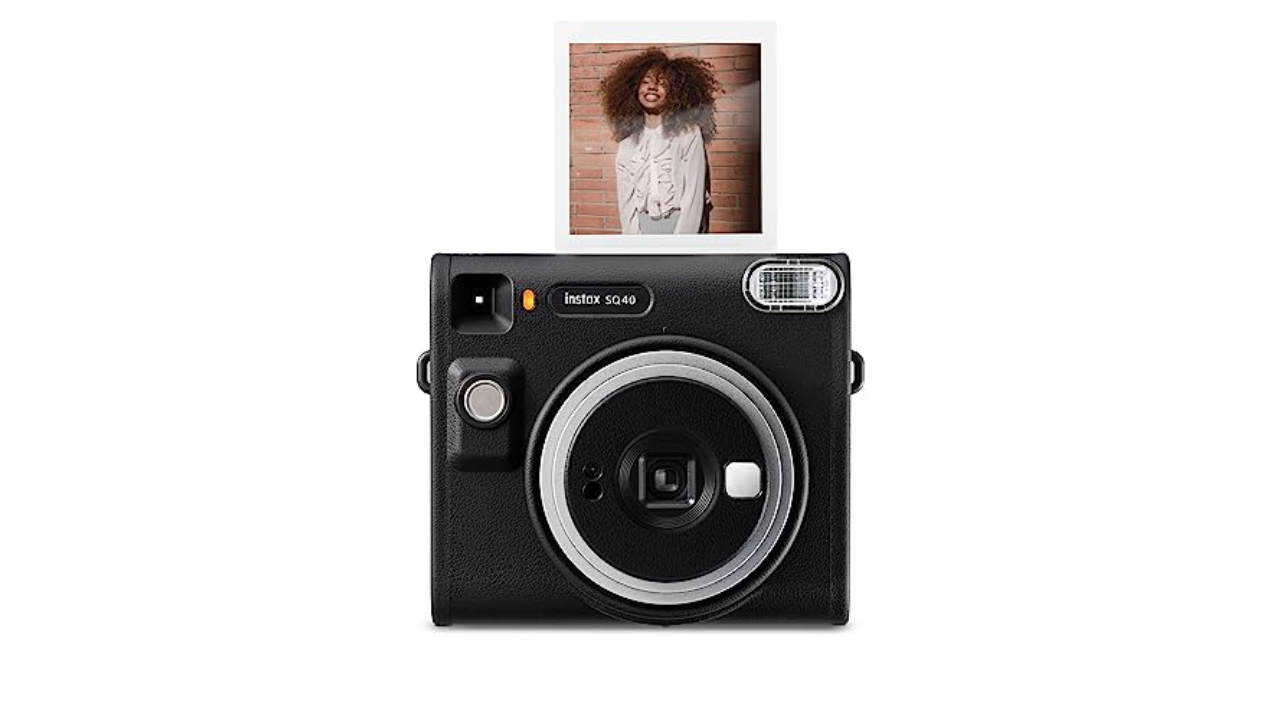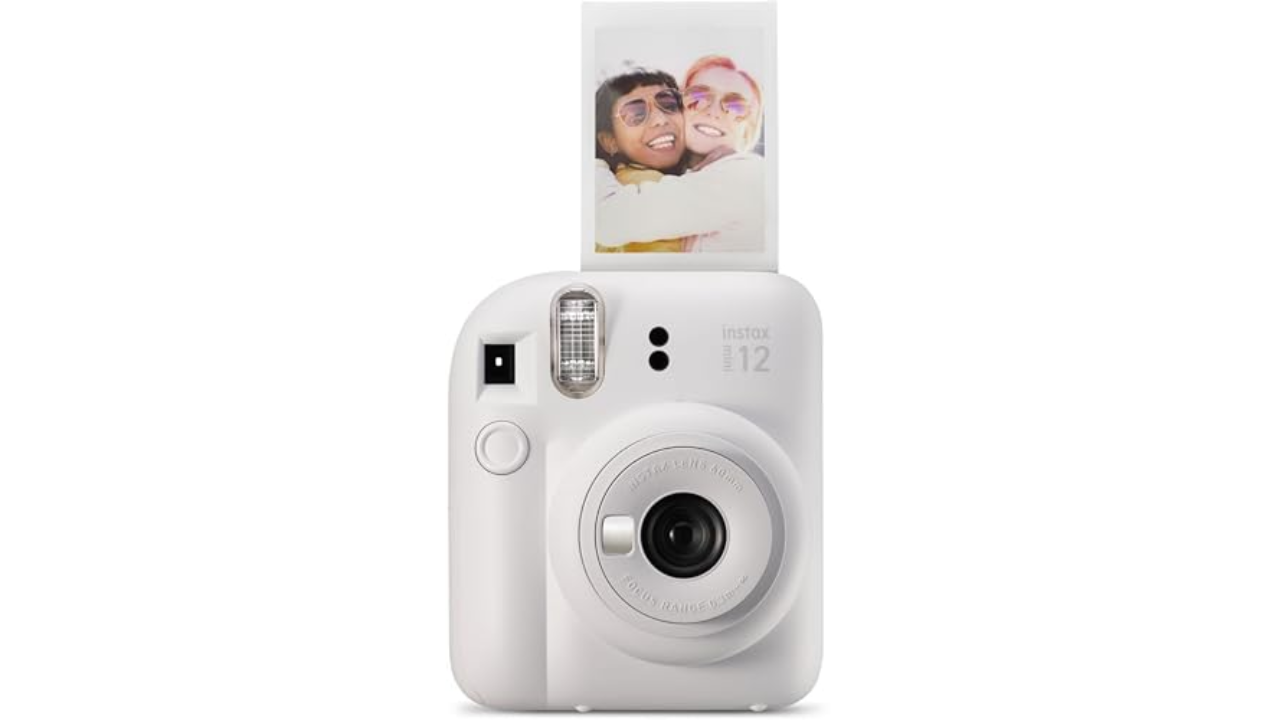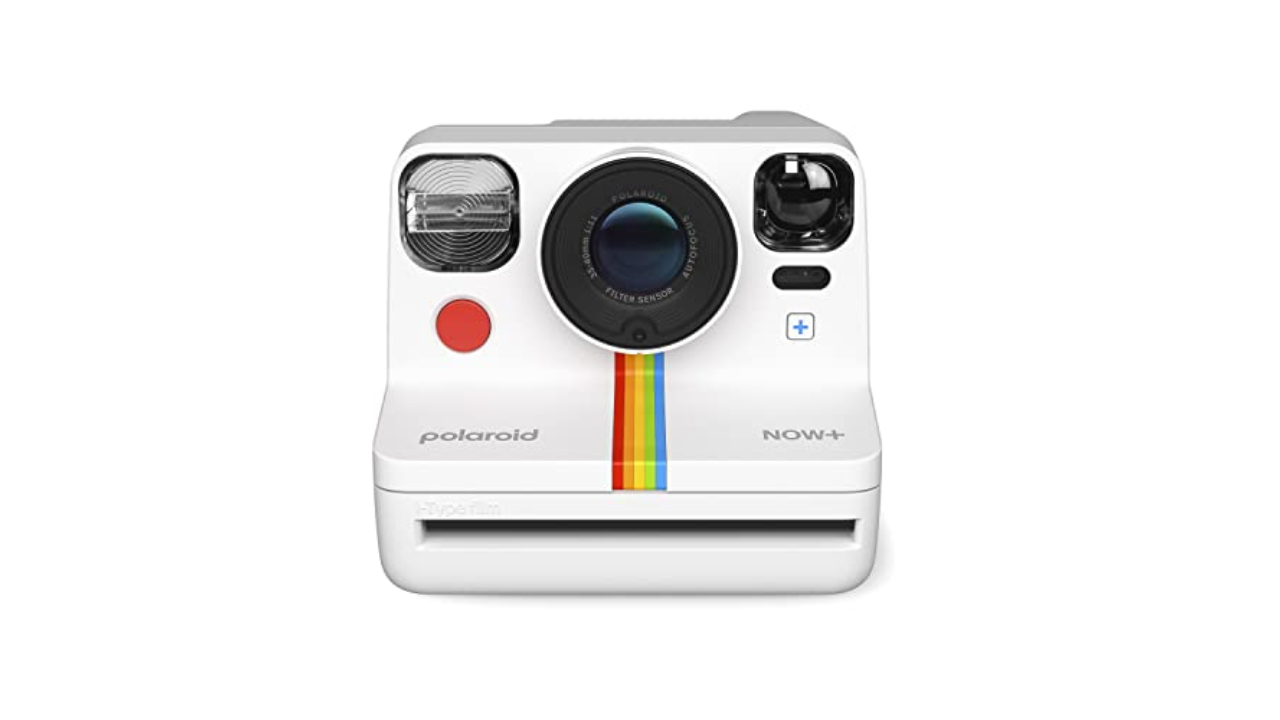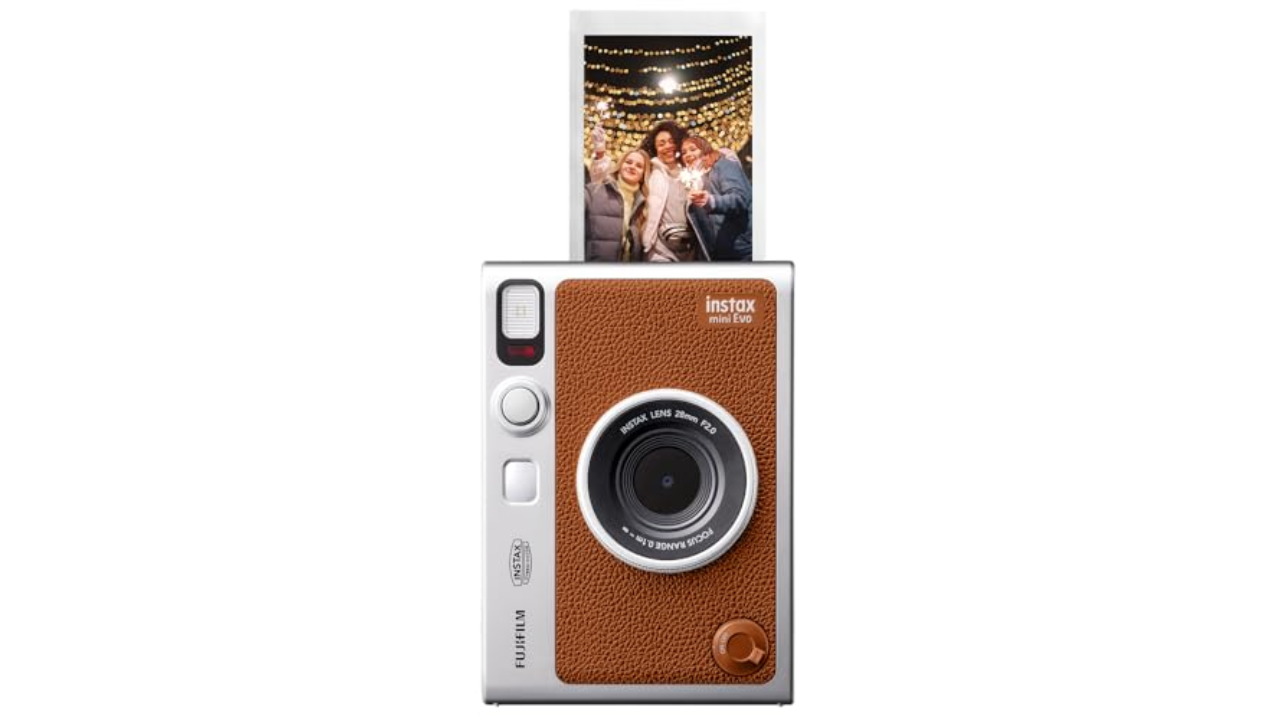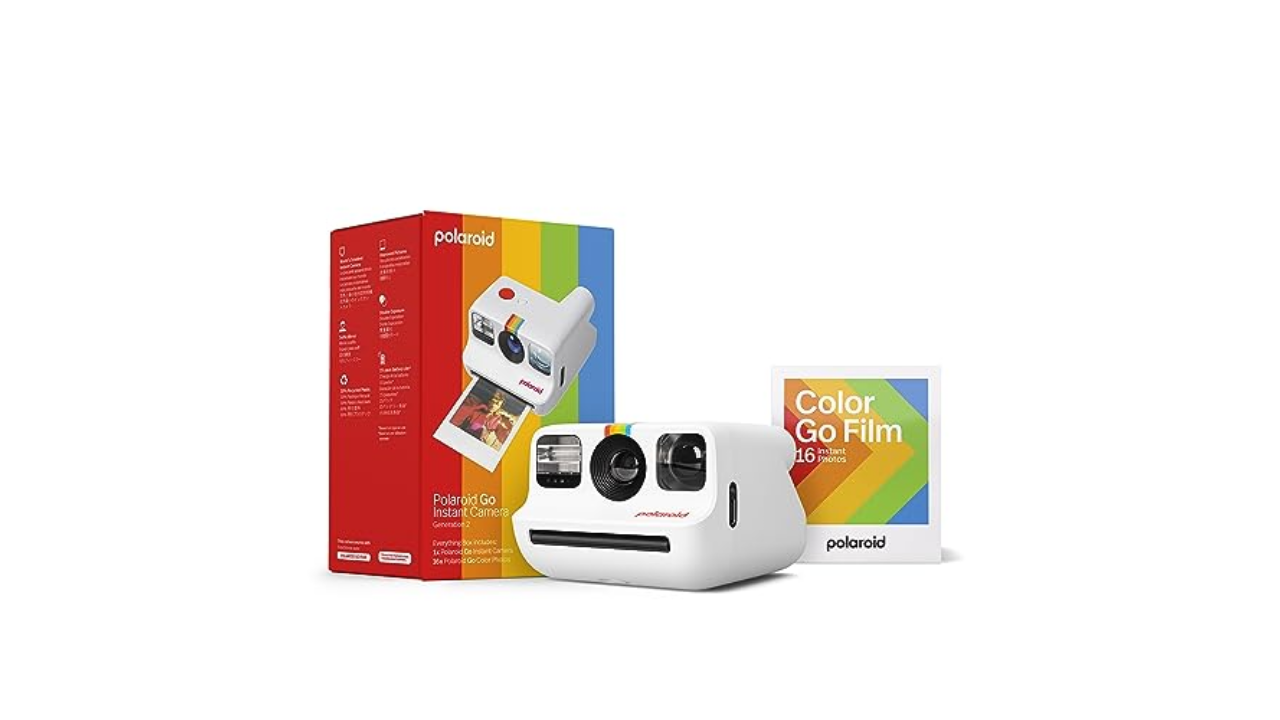Engadget has been testing and reviewing consumer tech since 2004. Our stories may include affiliate links; if you buy something through a link, we may earn a commission. Read more about how we evaluate products.
The best instant cameras for 2024
Fujifilm, Polaroid and others offer a wide range of prices and features.
Instant cameras have become a popular category for one simple reason: they’re fun. You can whip one out at a party or event and take a snap, then a couple of minutes later you have a real, physical, instant photo that everyone can touch, feel and enjoy instead of staring at a screen. It’s also a lot cooler than a smartphone shot thanks to the retro, nostalgic vibes of analog photography.
Given the large number of camera brands on the market, choosing one can be tricky. That’s why we’ve put together this buying guide that will help you choose the best instant camera for you based on factors like price, instant film size, photo quality and more.
What to consider before buying an instant camera
The main factor for most people is the size of the film in the film pack. Fujifilm’s Fuji Instax alone offers three formats: Mini, Square and Wide, with film sizes of 3.4 x 2.1 inches, 3.4 x 2.8 inches and 3.4 x 4.3 inches. The corresponding image sizes are 2.44 x 1.81 inches, 2.44 x 2.44 inches and 2.44 x 3.9 inches.
Leica’s Sofort 2 and Lomography models also uses Fujifilm’s Mini format, while Polaroid’s smaller Go format is 2.64 x 2.13 inches (1.81 x 1.83-inch image) and its i-Type size is 3.46 x 4.21 inches, with a square image size of 3.11 x 3.11 inches.
When most people think of retro polaroid cameras, they think of a square image size. That’s why Instagram, which used to have a Polaroid-like app icon, only supported square images for years. If that’s what you want, then the Fuji Instax Square or either of Polaroid’s formats are best. However, if you want as large an image as possible, Fujifilm’s Instax wide is the way to go.
As for prices, Fujifilm’s Instax films are generally around $1 per shot for square or wide color film and $.60 - $.75 for mini color film. Those prices go up a bit if you choose custom models with colorful or patterned borders, and down if you buy in bulk. i-Type Polaroid film is a bit more at about $1.50 per shot or $1.00 per shot for Go color film.
Image quality isn’t really the point with instant cameras of course, as they’re always going to be fuzzy compared to high-quality digital photos. However, some models (notably Fujifilm and Polaroid models) are a bit better than others.
Also, most instant cameras don’t feature an SD card slot, and therefore don’t require a microSD card (or similar), especially since photos are able to be printed instantly.
And in terms of pricing, cameras with larger instant film are generally more expensive. It also increases if you add hybrid features like USB-C connectivity, rechargeable batteries, smartphone sharing, the ability to print out photos and more, along with niceties like a selfie mirror or viewfinder. The best, most feature-laden cameras can cost upwards of $200 and basic versions can be well under $100.
Best instant cameras for 2024
Wireless connectivity: Bluetooth | Camera weight: 436g (without batteries, strap, and film)
The best instant camera is the Fujifilm Instax Square SQ40. It looks great thanks to the leatherette details and retro design, while offering minimal controls for ease of use. It takes 3.39 x 2.83-inch Instax Square prints that fully deliver on the retro vibes. You also get a flash, selfie mirror, front shutter release and hand strap, plus it’s relatively light and easy to carry around. The camera alone is priced at $150, but you’ll need to budget for instant film as well.
Wireless connectivity: Bluetooth | Camera weight: 306g (without batteries, strap, and film)
If you’d rather spend less on both the point-and-shoot camera and film, take a look at Fujifilm’s Instax Mini 12. It’s a basic instant camera ideal for newbies that lets you get started shooting in just a couple of minutes. The controls couldn’t be simpler as well, as you just need to twist the lens into the “on” or “off” position. It’s also small and thin, so can be slipped into a pocket and fits nicely into the small hands of fledgeling young photographers.
Wireless connectivity: Bluetooth | Camera weight: 451.5g (without film)
Polaroid is a name synonymous with instant cameras, and its Now+ model is the best choice for larger film. Though the prints are slightly smaller than those produced by Fujifilm’s Instax Wide 400, I prefer the square format that evokes old school Polaroid photos. It also offers a host of features like an updated app with creative shooting modes including manual modes, a self-timer, double exposure, light painting and an aperture priority option for depth of field. The main downside is the relatively high price of Polaroid’s i-Type film.
Wireless connectivity: Bluetooth | Camera weight: 616g (without battery, strap, film cartridge, and close-up lens)
For the biggest prints possible (as long as you don’t mind the rectangular format), Fujifilm’s new Instax Wide 400 is your best bet. It offers simple operation with one-button, fully-automatic shooting along with a new close focus option to add tight shots to your repertoire. The main downside is a lack of hybrid options, but the fact that it’s relatively basic helps keep the price down. Film is also considerably cheaper than Polaroid’s i-Type.
Wireless connectivity: Bluetooth | Camera weight: 285g
For the most fully-featured instant camera, look no further than Fujifilm’s Instax Mini Evo. It marries the vintage charm of instant photography with digital shooting, giving you the ability to preview shots on the 3-inch rear display and only print out the ones you want. Another great trick is that it can function as a printer for your smartphone photos, making it a unique addition to any collection of camera brands.
Design-wise, it matches the aesthetic of Fujifilm’s charming digital cameras like the X100 VI, and is considerably more compact than other Instax models. And much like the X-series cameras, you have the ability to apply numerous simulations and effects to prints. The downside is that it’s more complex to operate than other instant cameras, but that versatility will appeal to many buyers.
Wireless connectivity: None | Camera weight: 725.7g
For serious analog photographers, Lomography’s Lomo’Instant Wide is the model to get. It offers a host of advanced features including exposure compensation control, a built-in flash, multiple exposure capability, a manual focus lens, a sync socket for an external flash, selfie mirror and the ability to add optional wide-angle and macro conversion lenses. The main disadvantages are large size and relatively high price.
Wireless connectivity: Bluetooth | Camera weight: 239g
The Polaroid Go might be basic and relatively cheap, but it offers a lot. You get a self-timer and double-exposure modes, along with Polaroid’s square Go format film that delivers that nostalgic feel. It’s also pretty small and light, so it’s an easy choice to bring it along to any occasion. The main drawback is the autofocus, which delivers spotty results unless you’re a good way from the subject.





